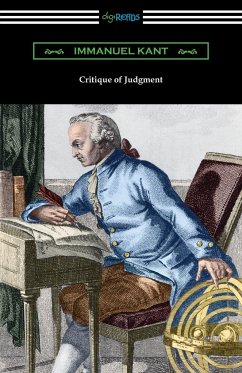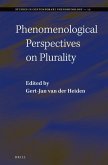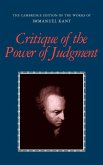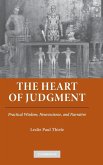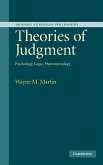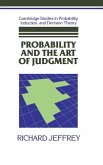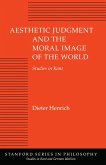German philosopher and influential 18th century late Enlightenment thinker Immanuel Kant wrote "Critique of Judgment" in 1790 to solidify his ideas on aesthetics. Often referred to as the "third critique", it follows Kant's "Critique of Pure Reason," published in 1781, and "Critique of Practical Reason", published in 1788 and completes his "Critical" project. Divided into two sections, one on aesthetic judgment and the other on teleological judgment, "Critique of Judgment" proceeds to analyze the human experience of the beautiful and the sublime. Kant explores a myriad of factors that determine aesthetics: from the effect of art and nature, to the role that human imagination plays, from the objectivity of taste, to the limits of representation. He continues with the connection of aesthetic with morality, disinterestedness, and originality. In the second section, he explores teleological judgments, or judging things according to their ends, and posits that man is the ultimate end, and all forms of nature and beauty exist for the purpose of their connection to mankind. Kant had a profound impact on the artists, authors, and other philosophers of both the classical and romantic periods, establishing in his final "Critique" a milestone in critical theory and philosophy. This edition is printed on premium acid-free paper.

